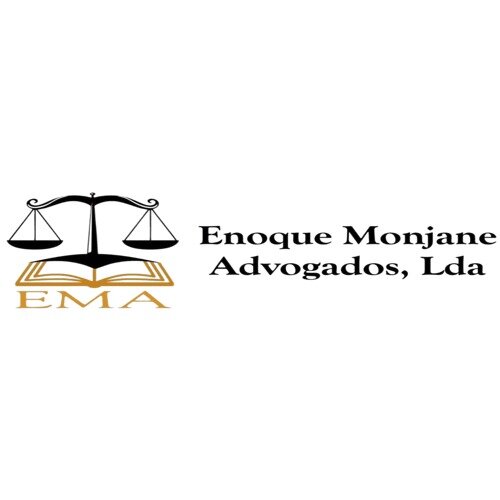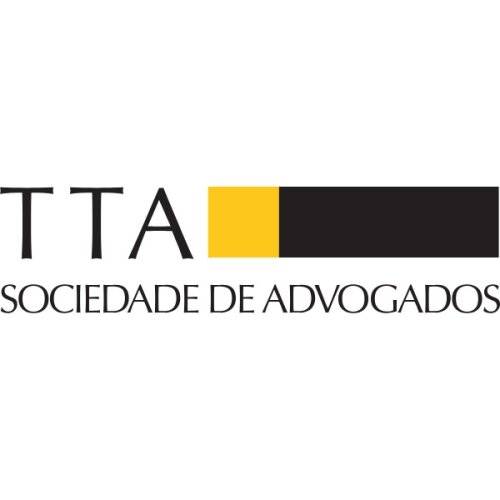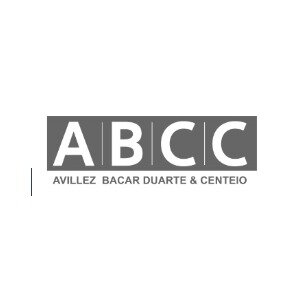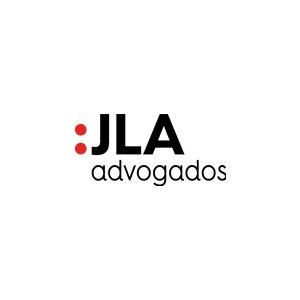Best Tax Increment Financing Lawyers in Mozambique
Share your needs with us, get contacted by law firms.
Free. Takes 2 min.
Or refine your search by selecting a city:
List of the best lawyers in Mozambique
About Tax Increment Financing Law in Mozambique
Tax Increment Financing (TIF) is a public financing method used for subsidizing infrastructure, community improvement projects, and economic development in Mozambique. The concept broadly revolves around capturing the future tax benefits of real estate improvements to pay for present developments. TIF is used as a tool to leverage the increased property tax revenue generated by the enhancement of an area, often for urban renewal or infrastructure advancement. It is an innovative and strategic tool used by governments to stimulate investment and growth in targeted areas by reducing the initial cost burden of development projects.
Why You May Need a Lawyer
Here are some common situations where you might require legal help with Tax Increment Financing in Mozambique:
- Understanding complex TIF laws and regulations applicable to your project.
- Negotiating TIF agreements with governmental bodies or developers.
- Analyzing financial projections and structuring finance appropriately.
- Compliance verification with local and national regulations to ensure legal integrity.
- Resolving disputes related to TIF agreements or project execution.
- Guiding through the application and approval processes for obtaining TIF-supported funds.
Local Laws Overview
Mozambique's legal framework for Tax Increment Financing includes several key aspects:
- The integration of urban planning and financial strategies to boost development in designated TIF zones.
- Specific guidelines for the creation and administration of TIF districts.
- Requirements for public hearings and community involvement in planning processes.
- Regulations for the issuance and management of TIF bonds to fund development projects.
- Mandatory compliance with environmental and social standards as specified in national laws.
- Stipulations about the use of increment tax revenue, ensuring that it is allocated for intended improvements.
Frequently Asked Questions
What is the primary benefit of using Tax Increment Financing in Mozambique?
The primary benefit of TIF is the stimulation of economic growth and development by leveraging future tax revenues. It supports urban renewal, infrastructure improvement, and attracts private investment.
How is a TIF district established?
A TIF district is established through a government-proposed development plan, subject to public hearings, and must receive approval from the relevant municipal and regional authorities.
Who can apply for TIF?
Typically, developers, municipalities, or other governmental entities can initiate TIF projects to support economic development plans.
What types of projects are eligible for TIF funding?
Projects focused on infrastructure development, urban renewal, economic revitalization, or environmental improvement are generally eligible for TIF funding.
How are TIF funds repaid?
TIF funds are repaid using the increased property tax revenues generated by the development within the TIF district.
Does TIF impact existing property taxes?
No, TIF primarily captures the increment or the increase in property taxes from new development, not the current property taxes of existing developments.
How long can a TIF district be in place?
The duration varies based on legislative mandates but often ranges from 15 to 30 years, depending on the project scale and financial strategy.
Are there risks involved with TIF for municipalities?
Yes, risks include potential shortfalls in expected increment revenues and over-reliance on growth predictions, which may affect fiscal stability if not managed properly.
Can TIF be combined with other funding sources?
Yes, TIF can be used in conjunction with other financial instruments, grants, or funding sources to optimize resources for a project.
How can legal support enhance a TIF project's success?
Legal support ensures compliance with regulatory frameworks, aids in negotiation, draft robust agreements, addresses disputes, and mitigates risks throughout the project's lifecycle.
Additional Resources
For further information and resources, consider reaching out to:
- The Directorate of Urban Planning and Development in Mozambique.
- Municipalities or local government offices responsible for urban development projects.
- Professional legal associations offering guidance in real estate and finance law.
- Local economic development agencies.
Next Steps
If you need legal assistance regarding Tax Increment Financing in Mozambique, follow these steps:
- Research and identify lawyers or law firms with expertise in TIF and local real estate or finance laws.
- Arrange consultations to discuss your specific needs and legal options.
- Ensure the chosen legal practitioner has a deep understanding of Mozambican laws and experience in urban development projects.
- Prepare documentation and information about your development project for informed legal advising.
Taking proactive steps to seek legal advice can significantly enhance the efficiency and success of your TIF initiatives.
Lawzana helps you find the best lawyers and law firms in Mozambique through a curated and pre-screened list of qualified legal professionals. Our platform offers rankings and detailed profiles of attorneys and law firms, allowing you to compare based on practice areas, including Tax Increment Financing, experience, and client feedback.
Each profile includes a description of the firm's areas of practice, client reviews, team members and partners, year of establishment, spoken languages, office locations, contact information, social media presence, and any published articles or resources. Most firms on our platform speak English and are experienced in both local and international legal matters.
Get a quote from top-rated law firms in Mozambique — quickly, securely, and without unnecessary hassle.
Disclaimer:
The information provided on this page is for general informational purposes only and does not constitute legal advice. While we strive to ensure the accuracy and relevance of the content, legal information may change over time, and interpretations of the law can vary. You should always consult with a qualified legal professional for advice specific to your situation.
We disclaim all liability for actions taken or not taken based on the content of this page. If you believe any information is incorrect or outdated, please contact us, and we will review and update it where appropriate.
Browse tax increment financing law firms by city in Mozambique
Refine your search by selecting a city.
















